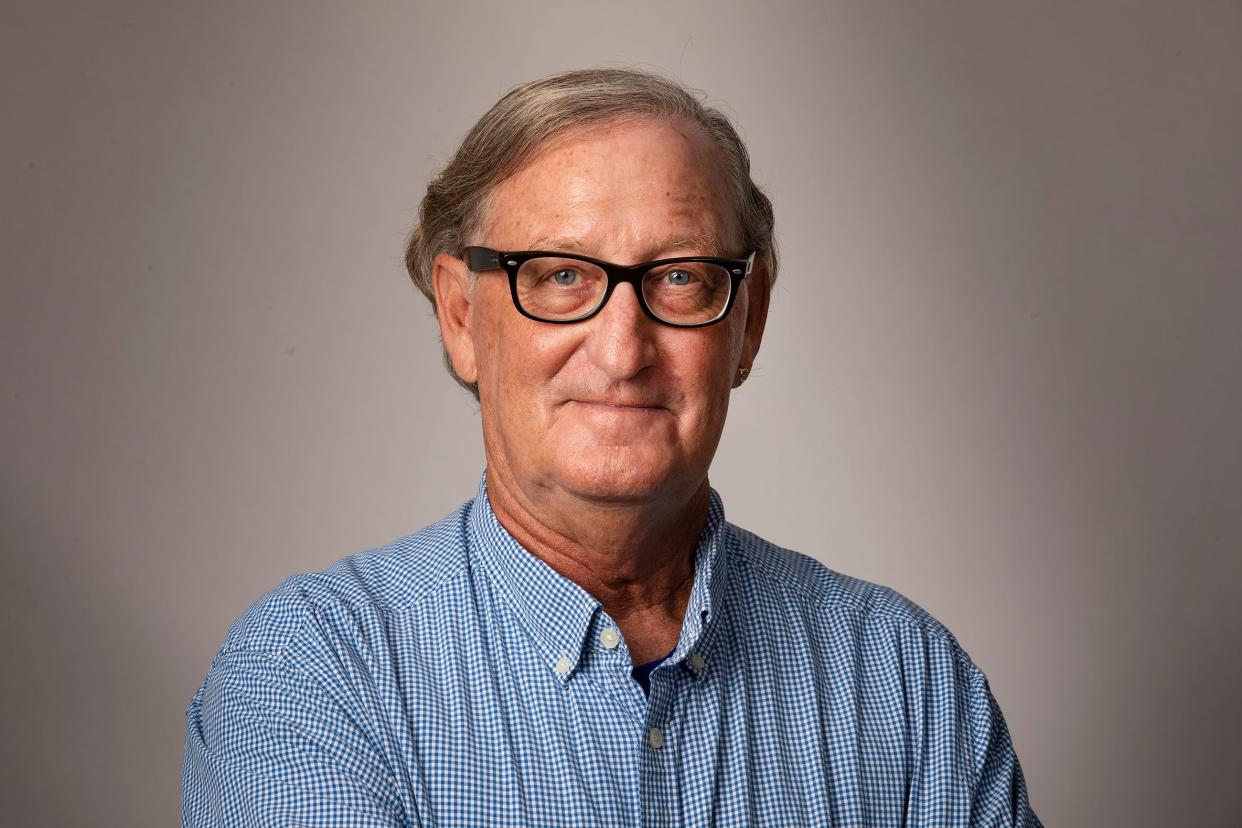Good teaching comes without an agenda

We went to breakfast this morning with about 90 middle school kids under our feet shouting and giggling.
They fought to cut the line, argued over food choices, and generally acted like kids. They’d just come down from their rooms, sharply watched over by their teachers, and were full of energy - ready to start the day. We’re used to it by now.
After three weeks in the hostels here, having middle and high school kids as part of the topography is a daily occurrence. They’re usually pretty good neighbors and they add a bright spot to the morning.
We spend time guessing where they are headed. In Weimar, they were off to a choir concert in a local church, then perhaps, to the Bauhaus Museum or to see Belvedere Castle. Today, in Berlin, I asked my breakfast line mate where he was from. Hesse, he told me. “We’re in the South,” he said.
“Where are you going today – what are you guys doing in Berlin?” I asked him. “I’ve no idea,” he replied. Par for the course, though we found out soon enough.
This morning we started our deep dive into “Museum Island” – a collection of museums with one on ancient Egypt, another housing Greek and Etruscan materials, and so on. As we rolled into the Pergamon, there were our friends from Hesse, taking a class on ancient history - like us, cramming their backpacks into the tiny lockers, trying not to crush the packed lunch they’d put together at the hostel.
German kids spend a lot of time on the road. They must learn, early, to be self-reliant; to make their hostel beds, to live with other kids in close quarters, to make the best use of their social time, and to eat together and present themselves to the big world as good citizens. But that’s the lesson behind the lesson. They go to Zeiss optical for science and industry class. They may go to Rostock to learn about fisheries or to a Board of Trade or a bank to get some background on business or economics.
We’ve seen them all along the trip, though. Including our Holocaust sites. It’s mandatory curriculum here. The kids were at Ravensbrück, with us, and they were also at Buchenwald – both concentration camp memorials with museums.
The development of Holocaust history as a required lesson in Germany has been a real struggle. When the nation was divided, the west simply did not teach it much. It seemed German history went from Kaiser Wilhelm to hyperinflation to Adenauer without a break – as though the second world war never took place. In the communist east, the story was so garbled by GDR class conflict propaganda and Russian heroism that the oppression and murder of Jewish people was rarely even part of the story.
Following reunification, a far better approach was worked out: teach the facts, leave out the rest, and take them to see where it happened. There is no need for a message or an interpretation. With this, history is history, and attempts to twist it to a particular schema are a massive betrayal of the central message itself.
It’s a risky thing, though.
As a longtime teacher as well as a professor, it took me years to learn that the best lesson taught is one that results in answers people arrive at on their own. Young minds need to learn to how to think not what. Teach history, yes. But forcing things - agenda-bending, ideological service, and the like - only add another murky veil to already complex material. Let them find the answers. Even middle schoolers can do that.
Now if only we could get them to make their beds.
Bruce Anderson is the Dr. Sarah D. and L. Kirk McKay Jr. Endowed Chair in American History, Government, and Civics and Miller Distinguished Professor of Political Science at Florida Southern College. He is also a columnist for The Ledger.
This article originally appeared on The Ledger: Good teaching comes without an agenda

